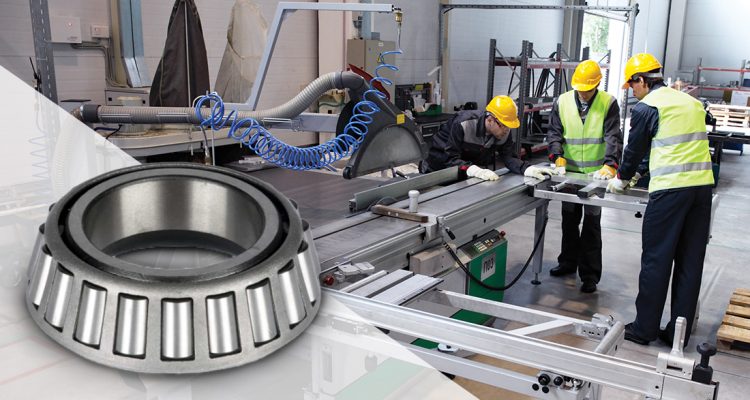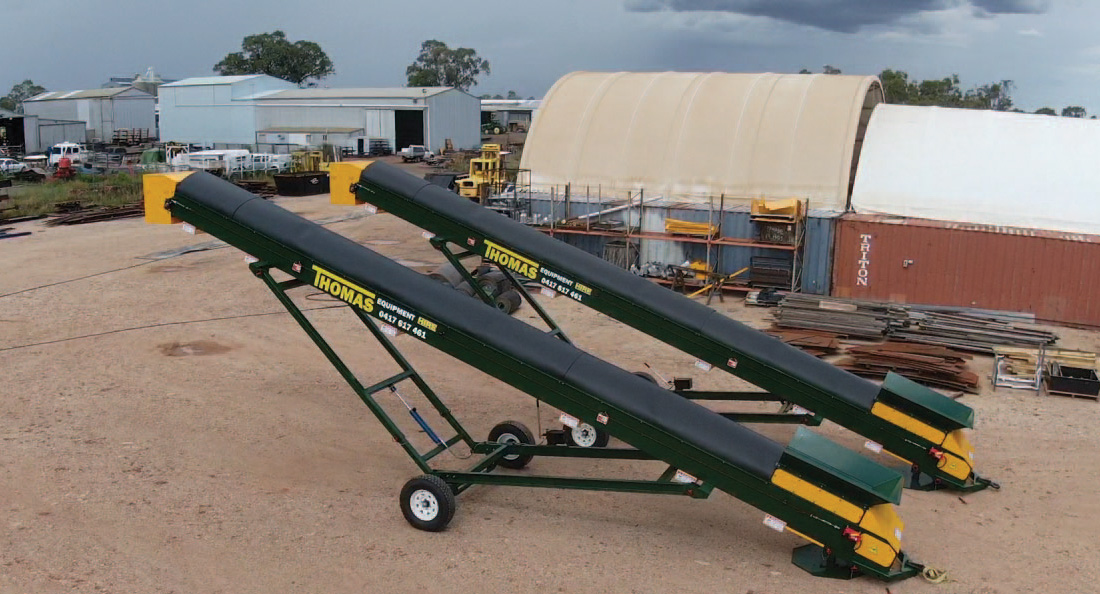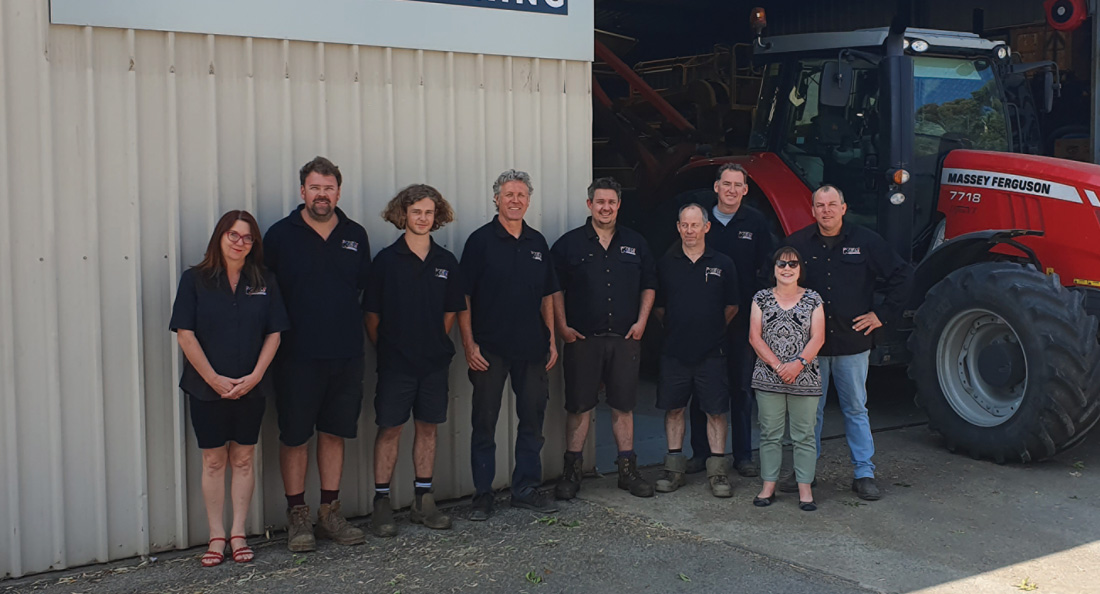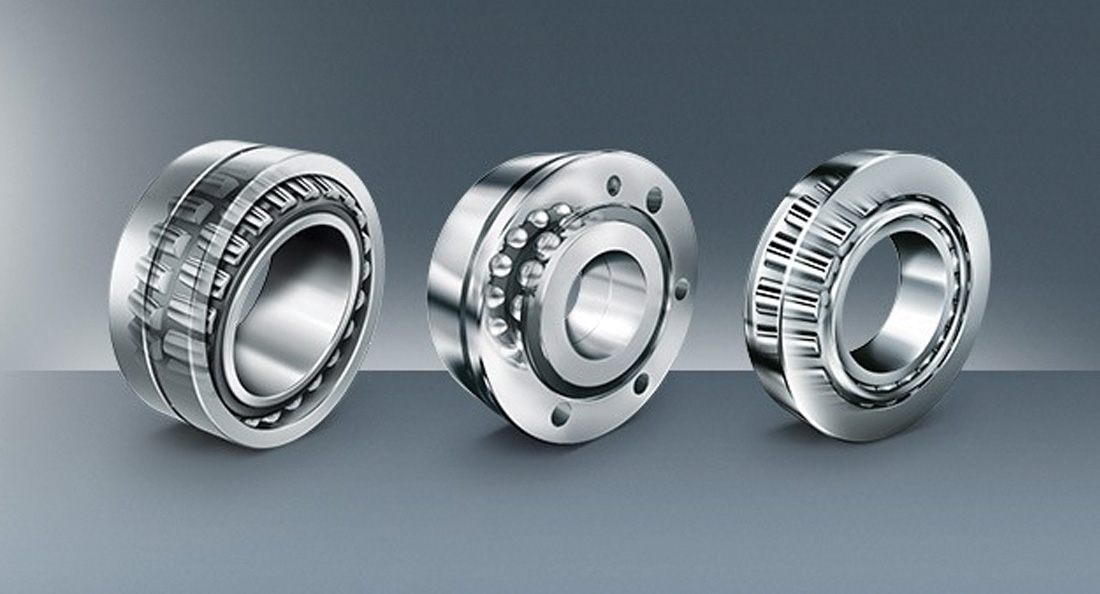Designing and manufacturing complex industrial equipment requires attention to detail, and confidence in selecting the right components for each unique design. Matching materials and their specific resilience characteristics to the type of industrial application is crucial to ensure long product life at peak performance.
According to Brad Hudson, Sales Representative at CBC, Timken products are an obvious choice when it comes to versatility and maximum component lifecycle. Recently, he supplied an industrial engineering customer in Victoria with an order of Timken Tapered Roller Bearings, citing their shelf-life and temperature resistance as attractive product features.
The customer’s workshop offers services including 3D scanning, gear and spline cutting, fabrication, profile cutting and spark erosion.
“I have an excellent supply relationship with this business, providing parts across a range of technical equipment that they use on-site,” he says. “Everything they do is of the highest quality, so we offer components and service to match.”
Generally, a TS (Tapered Single) Tapered Roller Bearing will consist of four components. They have an inner and outer ring (known as a ‘cone’ and ‘cup’ respectively), tapered rolling elements, and a cage or retainer. The tapered angle of the bearing accommodates combined radial and axial support when mounted in opposing pairs, and the steeper the outer ring angle, the greater the bearing’s thrust-load capacity.
“We have had excellent feedback from the customer regarding the Timken range,” Brad continues. “Because of the nature of their work, it was important that we selected heat-resistant materials for these parts, and Timken delivered on that request perfectly.”
Understanding the unique requirements of the application is essential to choosing the right bearing product from Timken. With a broad catalogue including single‑row, double-row (double outer or inner ring) or flanged outer ring options, it is important to identify the differences and how they accommodate load and bearing functionality. Firstly, choosing a cage will depend on the type of environment – whether that be manufacturing, mineral processing, food and beverage – and its specific requirements.
Stamped-steel cages
Stamped-steel cages are the most common variety, and are complicated parts mass produced from low-carbon sheet-steel that has been punched and progressively pressed into shape through a multiple-stage press process. This material is resistant to higher temperatures and can withstand heavy lubrication where necessary.
Polymer cages
Polymer material is useful where pre‑greased and pre-sealed package‑bearing designs are applicable. Nylon thermoplastics with glass reinforcement is most common, which can be produced in large quantities. This material is lighter than steel and easy to assemble, offering more design flexibility. It is, however, more sensitive to aggressive lubricants and temperatures greater than 107°C.
Machined cages
Machined cages are recommended for high-speed and high-load requirements. Their robust design uses alloy steels, and in some cases includes silver plating for additional benefits. This cage type is beneficial because it does not require a close-in operation, and rollers can be retained with nibs or by ‘staking’. If additional lubrication is required, oil holes can be included on the cage for ease of access.
Pinned-type cages
This particular structure uses two (2) separate cage ‘rings’ connected with pins, the pins pass through a hole in the centre of the rollers and are retained in one cage ring by a thread and welded in place in the other. This cage design normally has a minimum of one removable pin/roller for future cone raceway inspection. This Tapered Roller bearing cage type is commonly an option in larger bearings (exceeding 400mm O.D.) and are generally suitable for lower speeds. These cages are typically machined out of steel and can accommodate a higher number of rolling elements which increases the load rating of the bearing.
For over 50 years, Timken and CBC have worked collaboratively to deliver premium service to industrial sectors. Both businesses are committed to delivering high-quality product within competitive lead times, to customers across the country through an established supplier network.
“CBC’s stocking profile is really unmatched for national supply,” says Brad. “Whether it is bearings, housing units, couplings, chain, or belts, we work to understand each individual business and use our many years of technical expertise to provide second-to-none solutions.”




